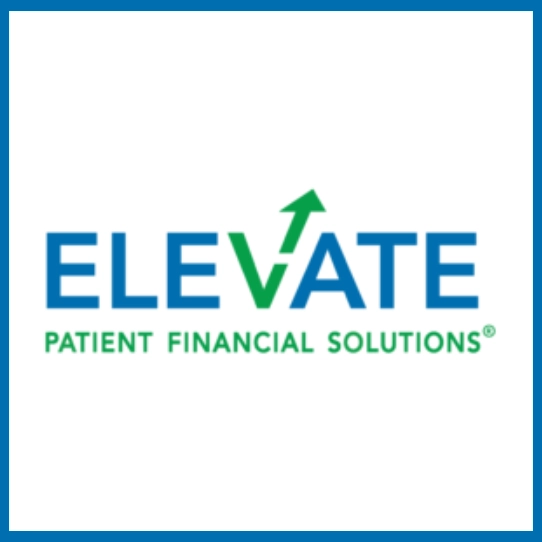ElevatePFS Leadership Insights: Reducing Risk and Securing Reimbursement in Out-of-State Medicaid Billing and Enrollment
Navigating out-of-state Medicaid billing and enrollment is a complex process that demands precision, coordination, and up-to-date knowledge of payer-specific requirements. Each state operates differently—with its own enrollment deadlines, billing expectations, and electronic submission rules—making it vital for providers to have a well-defined strategy in place.
At ElevatePFS, success starts with early identification. Determining whether a patient is truly Medicaid-eligible for the date of service, and understanding which plan or HMO is responsible, forms the foundation of an efficient out-of-state process. Once verified, providers must know exactly what that payer requires—from authorizations to itemized statements—to ensure claims move forward without delay.
Enrollment is often the most time-sensitive and intricate step. Depending on the state, facilities and physicians listed on claims may all need to be enrolled, and deadlines can vary from 45 days to a full year. ElevatePFS emphasizes clear tracking systems, updated enrollment data, and proactive communication to stay ahead of shifting regulations and prevent missed opportunities.
Success in Medicaid billing and enrollment requires more than policy knowledge—it demands adaptable systems and cross-functional collaboration. From setting up electronic data interchange (EDI) connections to managing physician hesitations through OPR (Ordering, Prescribing, Referring) enrollments, ElevatePFS tailors its approach to reduce risk and secure reimbursement—even for high-value, high-complexity claims.
With a deep understanding of Medicaid processes, ElevatePFS helps providers stay compliant, avoid write-offs, and recover the revenue they’ve earned—no matter where their patients come from.




